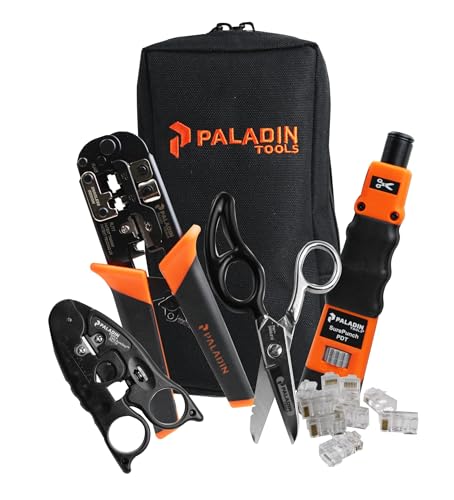Expanding on the book list:
AM BREADTH
EERM - Probobly the best "Breadth" book out there. (3 out of 3)
Fundamentals of EE (By Bobrow) - Goes into the "depth" of the AM stuff that EERM does not, so it complements it perfectly. More than you'll care to know. (3)
NCEES Electrical and Computer Study Guide - The ONLY reason this isn't first is because it doesn't "teach" you, its a sample of the type/scope of problems. (3)
Schaum's Basic EE (or similar Schaums, there's 3 or 4) - You may want one that doesn't go into to much Calculus, since that won't matter. (2)
One good text on Electronics (transistors, Op Amps), one Communications (basic) and one Digital (binary, hex, chips, micro, clock cycles, K-map). (2)
Any guides to Review courses you've taken. (Mine was the MGI EE PE Review which I rate 3 out of 3)
EE Quick Reference (other board or Kaplan's Referenced Review by Bentley) (2)
PM Power Depth
Power Systems Analysis (Grainger)
Electric Machines, Drives and Power Systems (Wildi)
Schaum's Electric Power Systems & Schaum's Electric Machinery
NEC Code for Code questions.
"Public Lighting" & "IESNA Illumination Handbook" for lighting questions.
I also printed and bound lots of stuff from Wikipedia ranging from DC motors, Generators, Computers, load flow, etc.
Be familiar with the texts.
Tab well, but don't over-tab.
Solve a variety of problems, but don't bring in tons of pages of solved problems. If you know how to solve them, you won't need them. If you don't know, a bunch of pages to sift through won't help you and will burn up time you could be solving probs you know.





















